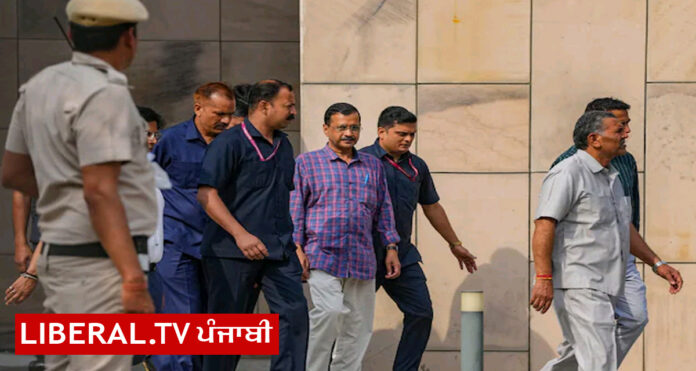The recent decision by India’s Supreme Court to grant bail to Delhi Chief Minister Arvind Kejriwal highlights a complex intersection of politics, governance, and legal scrutiny in the country. Kejriwal’s release after over five months in custody underscores both the legal and political ramifications of his arrest, which was linked to a now-defunct alcohol sales policy introduced by his government.
The policy in question, aimed at reforming liquor sales to curb black market activity and increase government revenue, was short-lived, falling under scrutiny after Delhi’s Lieutenant-Governor Vinai Kumar Saxena accused the Aam Aadmi Party (AAP) of manipulating regulations for private gain. This accusation has been firmly denied by Kejriwal and his party, who claim the charges are politically motivated—a sentiment that resonates amid ongoing criticisms of the Bharatiya Janata Party (BJP)’s alleged use of investigative agencies against opposition figures.
The Supreme Court’s decision to grant bail, while placing restrictions on Kejriwal’s public statements and official duties, reflects a judicial acknowledgment of the lengthy trial process and the current state of legal proceedings. It follows a pattern seen with other AAP leaders in the same case, signaling a broader trend of legal battles faced by opposition figures in India.
Kejriwal’s arrest just before significant parliamentary elections drew international attention, with responses from the US and Germany indicating a global interest in the fairness of political processes in India. The US State Department’s statement underscored concerns over democratic norms, prompting a strong reaction from Indian authorities who view such comments as interference.
As a former anti-corruption crusader and winner of the Ramon Magsaysay prize, Kejriwal’s journey from grassroots activism to political leadership has been marked by both acclaim and controversy. His leadership of the AAP, which has focused on welfare initiatives like affordable electricity and water, has positioned him as a significant figure in Indian politics, albeit one embroiled in complex legal and political challenges.
With the AAP currently part of the INDIA alliance—a coalition of opposition parties—the dynamics of Kejriwal’s case are likely to continue influencing both intra-party politics and the broader political landscape. The coming months will be crucial in determining the impact of his bail on both his political future and the ongoing legal processes surrounding the case.



